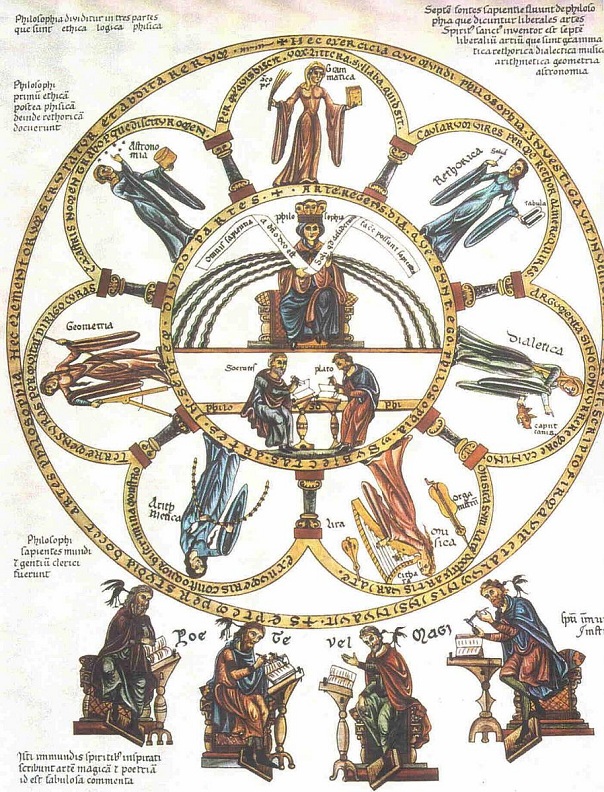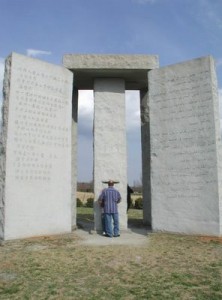[ corss-posted from Zenpundit — archaeology, Biblical scholarship, eschatology, digital literacy ]
.
Both the Dead Sea scrolls from Qumran and the Gnostic and associated codices from Nag Hammadi are now available for study online:
The Nag Hammadi Archive can be explored via the Claremont Colleges Digital Library, and the Digital Dead Sea Scrolls via the Israel Museum, Jerusalem.
Here’s a description of the War Scroll from Qumran, which “is dated to the late first century BCE or early first century CE”:
Against the backdrop of a long biblical tradition concerning a final war at the End of Days (Ezekiel 38-39; Daniel 7-12), this scroll describes a seven stage, dualistic confrontation between the “Sons of Light” (the term used by Community members to refer to themselves), under the leadership of the “Prince of Light” (also called Michael, the Archangel) – and the “Sons of Darkness” (a nickname for the enemies of the Community, Jews and non-Jews alike), aided by a nation called the Kittim (Romans?), headed by Belial. The confrontation would last 49 years, terminating in the victory of the “Sons of Light” and the restoration of the Temple service and sacrifices. The War Scroll describes battle arrays, weaponry, the ages of the participants, and military maneuvers, recalling Hellenistic and Roman military manuals.
You can see why I’m interested.
The Nag Hammadi texts are a little less well known but include — along with a variety of other texts, some of them self-described as “apocalypses” — the now celebrated Gospel of Thomas, which Bart Erhman reads as continuing a “de-apocalypticizing” of Jesus’ message which he finds beginning in Luke and continuing in John:
In the Gospel of Thomas, for example, written somewhat later than John, there is a clear attack on anyone who believes in a future Kingdom here on earth. In some sayings, for example, Jesus denies that the Kingdom involves an actual place but “is within you and outside you” (saying 3); he castigates the disciples for being concerned about the end (saying 18); and he spurns their question about when the Kingdom will come, since “the Kingdom of the Father is spread out on the earth and people do not see it” (saying 113).
Again, you can see why I am delighted that these texts are becoming available to a wider scholarly audience…
In both the Nag Hammadi codices and Qumran scrolls, we have texts that were lost for almost two thousand years and discovered, somewhat haphazardly, in 1945 and 1947 respectively, providing us with rich insights into the religious ferment around a time and place that have been pivotal for western civilization.
Now, more than half a century later, the web — as it becomes our global museum and our in-house library — brings us closer to both…





